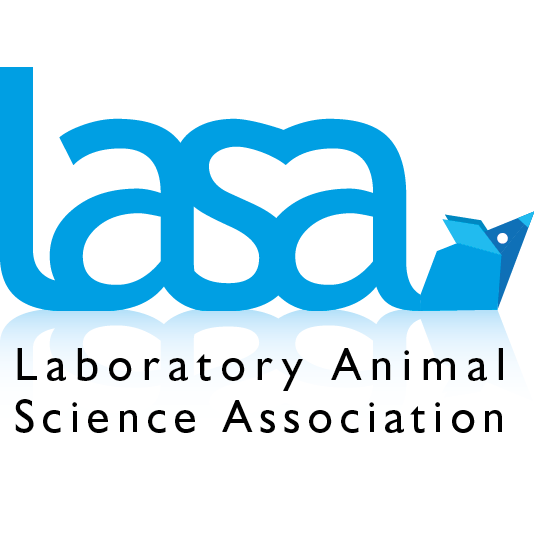A huge congratulations to Caroline Chadwich who has been awarded a British Empire Medal (BEM) for services to Humane Animal Research in the 2023 King’s Birthday Honours List.
Throughout Caroline’s scientific career, including her role as Director of the Biomedical Services Unit, University of Birmingham (now retired), she has shown exceptional dedication to the promotion of the safe and humane practice of animal research. Through her work with LASA, Caroline has played an instrumental role in the implementation of the 3Rs, sharing expertise and promoting best practice across the biomedical research sector, nationally and internationally.
Congratulations from LASA Council and its membership to Caroline Chadwick on her British Empire Medal for recognition and contribution to 3Rs animal research. Her support and expertise in promoting best practice through her work at LASA is applauded and well deserved!
Jill Reckless, President, LASA
From Birmingham World:
Caroline is a devoted servant to the rights of animals and the advancement of science through laboratory animal research. She has shown exceptional dedication to promoting safe and humane practice in animal research.
In this sensitive area she has tenaciously advocated a proactive approach to best practice in the use and care of laboratory research animals, towards ensuring animals are only used in research when there is genuinely no alternative and to the minimum extent possible.
Working with LASA, she has been a driving force in defining national policies. The 3Rs principles; Replacement, Reduction and Refinement are a code of practice for performing more humane animal research.
She played an instrumental role in promoting their implementation, proactively contributing to the development and 2021 launch of the 3Rs Self-Assessment Tools.
She conscientiously represented LASA, alongside the RSPCA and the National Centre for the Replacement, Refinement and Reduction of Animals in Research on an internationally accepted passport scheme for the use in research of genetically altered mice.
Notably, she has driven best practice in the use of animals in the important and growing field of ‘healthy ageing’ research; a major health imperative, through her recent publication, she is raising awareness on maximising scientific knowledge without compromising on high-quality animal husbandry.
She established and co-chaired the Home Office Liaison, Training, and Information Forum which has facilitated sharing expertise and information and promoting best practice nationally.
The Forum realised her vision providing a crucial connection between scientists and regulators, and positively advancing the regulatory framework. Locally and nationally, she has promoted a transparent approach to the use of animals in research, encouraging informed conversation on this important topic.
This culminated in her being nominated for a National Understanding Animals in Research Openness Award in 2019.
She is a highly committed educator enabling understanding and compliance with the regulatory standards for animal research, frequently going the extra mile to provide educational and career opportunities to students in Colleges and Vet Schools nationally.

